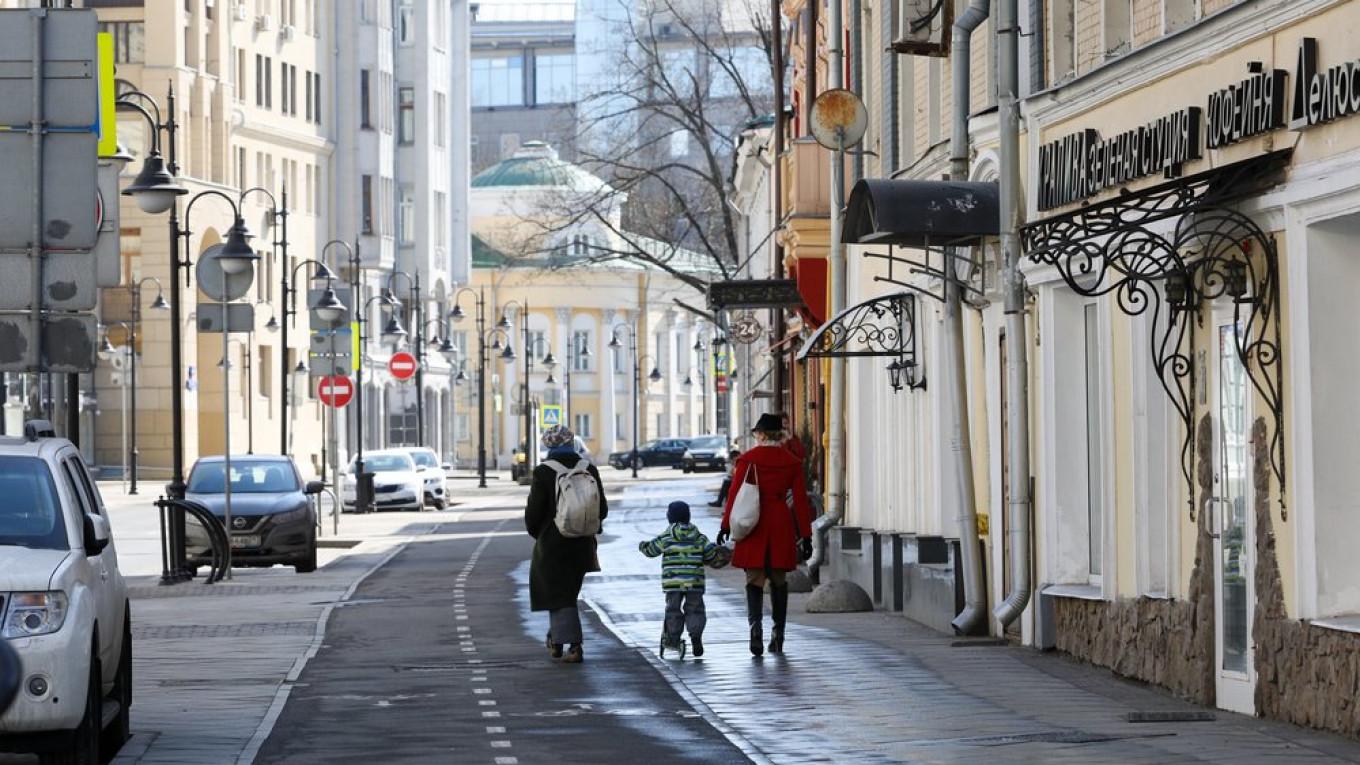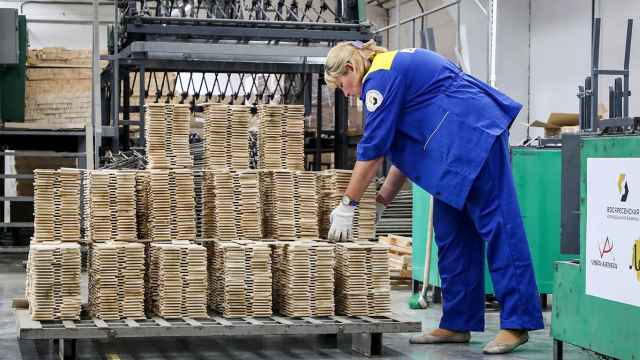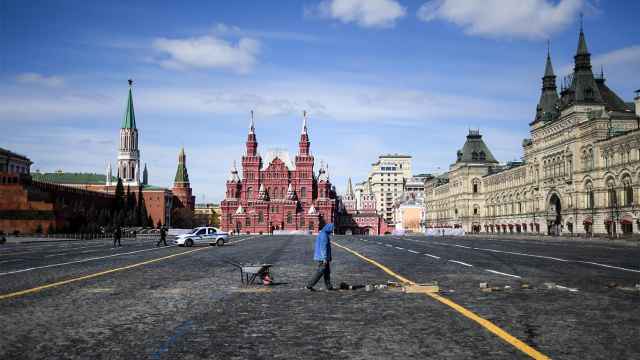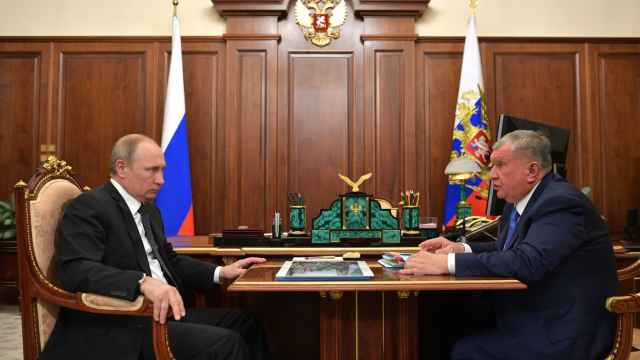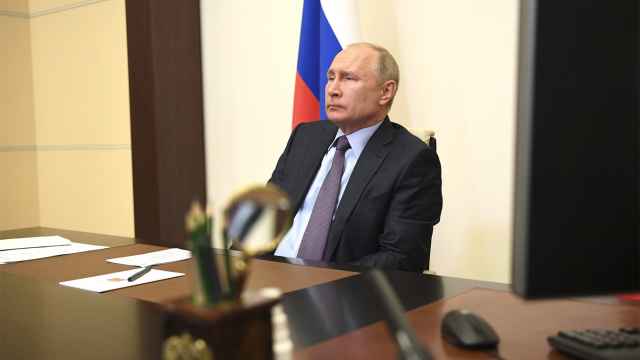The Russian government should dramatically accelerate its economic relief measures by launching a quantitative easing program and handing over large cash payments to Russian citizens, a group of liberal economists has argued.
In a new report published today, leading economists warned the Kremlin’s economic response to the coronavirus pandemic could lead to widespread economic hardship with companies going out of business for good and a long-term hit to government tax revenues.
To stimulate the economy, the group of eight, including Sciences Po professor Sergei Guriev, said Russia may need to quadruple its level of economic support to more than 10 trillion rubles ($136 billion) — or 10% of Russia’s GDP — in a radical scenario.
The call comes as opposition lawmakers in Moscow’s city parliament warned that a lack of government support could lead to mass protests and starvation in the capital.
“The Russian economy is probably facing the most serious challenge in the last 20 years and the prospect of a crisis that could exceed the scale of 1998, 2008-2009 and 2014-2015,” the group said. They added that the “double challenge” of economic lockdowns and the sharp drop in oil prices “leaves the Russian economy more vulnerable to the crisis than others.”
The group called on the Central Bank to launch a program of quantitative easing — printing money to buy government debt — and a package of direct cash handouts to businesses and individuals. Guriev said every Russian should be paid 20,000 rubles ($275) per month while the economy is in quarantine, and small businesses should be given the same amount for each of their employees, to help cover wages and rent payments.
“Russia can afford such amounts. It was for such situations that the National Welfare Fund was created, and in which there are sufficient funds,” Guriev said.
Russia has accumulated $125 billion in its National Welfare Fund — assets which have been saved from profits on oil exports since the 2015 crisis.
Konstantin Sonin, professor at Moscow’s Higher School of Economics and the University of Chicago, also pushed for unconditional cash handouts from the government, totaling 40,000 rubles ($550) over the rest of the year.
The Russian government has so far rolled out a program of cheap loans to businesses, boosted unemployment benefits and increased social welfare payments to families with young children in response to the coronavirus crisis. A host of economists and business owners have repeatedly criticized the government for not going far enough and called for a more comprehensive package of support.
The economists said the response has been slow because the government does not have ready-made solutions and programs to support the economy through this kind of crisis, and warned the government risks “preparing for the previous war,” which was triggered by a sharp fall in oil revenues and a crash in the ruble. Guriev also pushed against protectionist measures being considered by the government, such as price controls on food and personal protective equipment (PPE), arguing instead for the need to scrap import controls.
Russia’s economy could shrink by as much as $150 billion this year — or 8.6% of GDP — as a result of the health crisis, the group predicted in its forecast of a “pessimistic scenario.” In their “moderate scenario,” the economy will contract by 5.7% in 2020. By comparison, in the last economic crisis in 2015, the Russian economy shrunk by 2.3%.
A Message from The Moscow Times:
Dear readers,
We are facing unprecedented challenges. Russia's Prosecutor General's Office has designated The Moscow Times as an "undesirable" organization, criminalizing our work and putting our staff at risk of prosecution. This follows our earlier unjust labeling as a "foreign agent."
These actions are direct attempts to silence independent journalism in Russia. The authorities claim our work "discredits the decisions of the Russian leadership." We see things differently: we strive to provide accurate, unbiased reporting on Russia.
We, the journalists of The Moscow Times, refuse to be silenced. But to continue our work, we need your help.
Your support, no matter how small, makes a world of difference. If you can, please support us monthly starting from just $2. It's quick to set up, and every contribution makes a significant impact.
By supporting The Moscow Times, you're defending open, independent journalism in the face of repression. Thank you for standing with us.
Remind me later.


